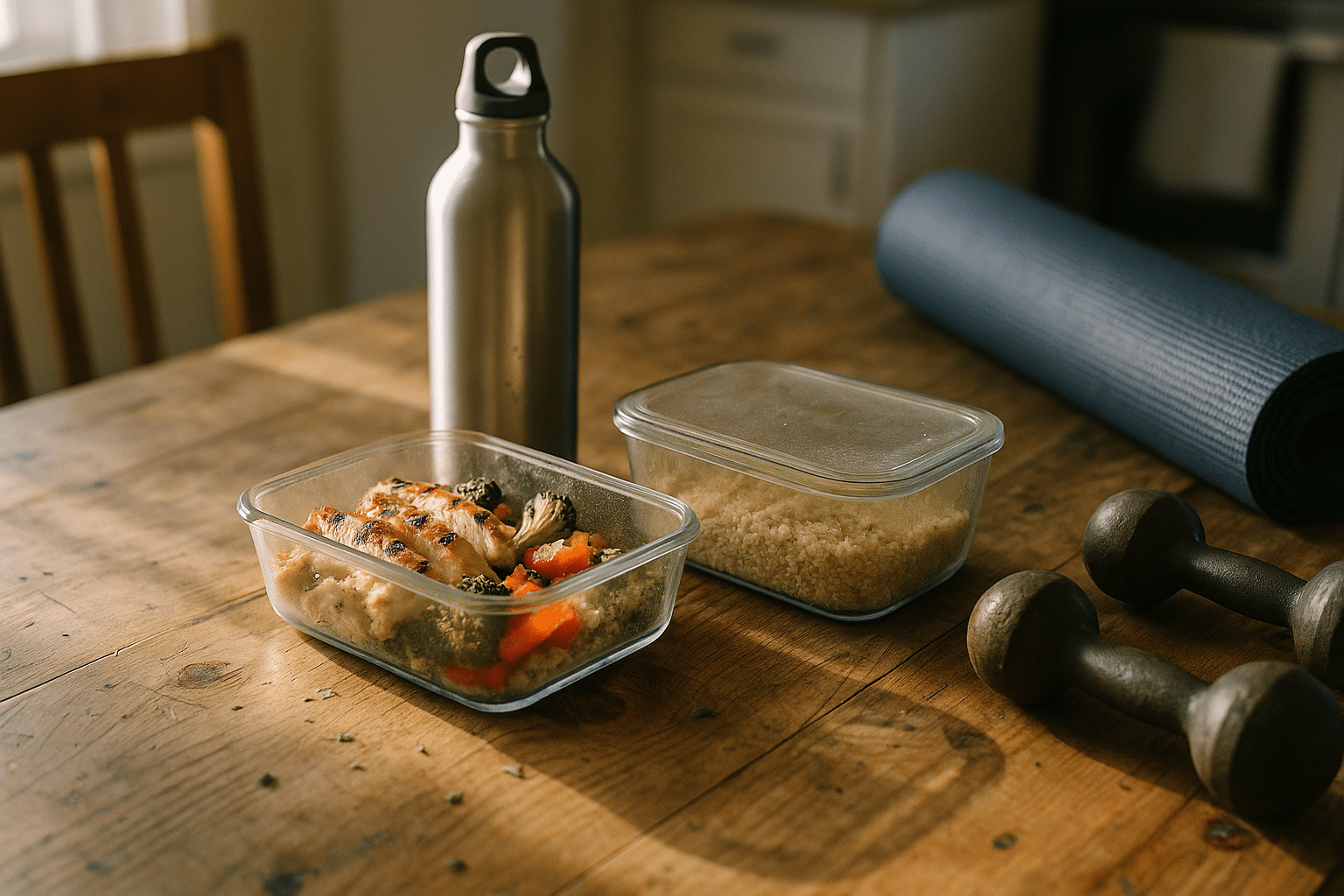
Heritage Sites to Visit in 2024: A Global Cultural Guide
Exploring the rich tapestry of our world’s heritage is not only a journey through history but a dive into the cultural essence that defines humanity. As we step into 2024, a year full of opportunities for cultural discovery awaits, with numerous heritage sites around the globe offering a window into the past and a reflection of diverse cultures.
Visiting heritage sites is an enriching experience that connects us with stories of human achievement, architectural marvels, and cultural traditions. According to UNESCO, there are over 1,100 World Heritage Sites across the globe, each with its unique charm and significance. Whether you’re a history buff, an art enthusiast, or a curious traveler, these sites promise an unforgettable adventure.
Why Heritage Sites Matter
Heritage sites are crucial for preserving cultural identity and promoting understanding among different communities. Experts in cultural preservation, such as those from the International Council on Monuments and Sites (ICOMOS), emphasize the importance of protecting these sites to maintain the world’s cultural diversity. By visiting these sites, travelers contribute to their conservation and gain insights into the cultural narratives that shape our world.
Top Heritage Sites to Explore in 2024
| Site | Location | Significance |
|---|---|---|
| Machu Picchu | Peru | Inca civilization |
| Great Wall of China | China | Military defense architecture |
| Acropolis of Athens | Greece | Ancient Greek history |
| Stonehenge | United Kingdom | Prehistoric monument |
| Taj Mahal | India | Mughal architecture |
| Pyramids of Giza | Egypt | Ancient Egyptian civilization |
| Angkor Wat | Cambodia | Khmer Empire |
| Alhambra | Spain | Islamic architecture |
Planning Your Heritage Site Visit
When planning your visit, consider the cultural and environmental impact. Engaging with local guides, supporting community-led tours, and respecting site guidelines are essential practices. According to a study by the World Travel & Tourism Council, sustainable tourism practices can significantly enhance the preservation of these sites while benefiting local economies.
Personal Anecdotes from Travelers
Many travelers share transformative experiences when visiting heritage sites. One traveler recalled their visit to Machu Picchu, describing the awe of standing amidst the ancient ruins surrounded by breathtaking Andean landscapes. Such experiences often leave a lasting impression, deepening one’s appreciation for history and culture.
FAQ
Do I need special permits to visit heritage sites?
Some sites, like Machu Picchu, require permits, especially for hiking routes. It’s advisable to check in advance.
How can I ensure I’m visiting responsibly?
Research the site’s guidelines, choose eco-friendly accommodations, and engage with local communities to support sustainable practices.
Conclusion
Embarking on a journey to explore heritage sites in 2024 offers a unique opportunity to connect with our shared history and cultural diversity. As you plan your travels, remember that each visit is a chance to contribute to the preservation of these treasures for future generations. So, pack your bags, open your mind, and let the stories of the past enrich your present.


